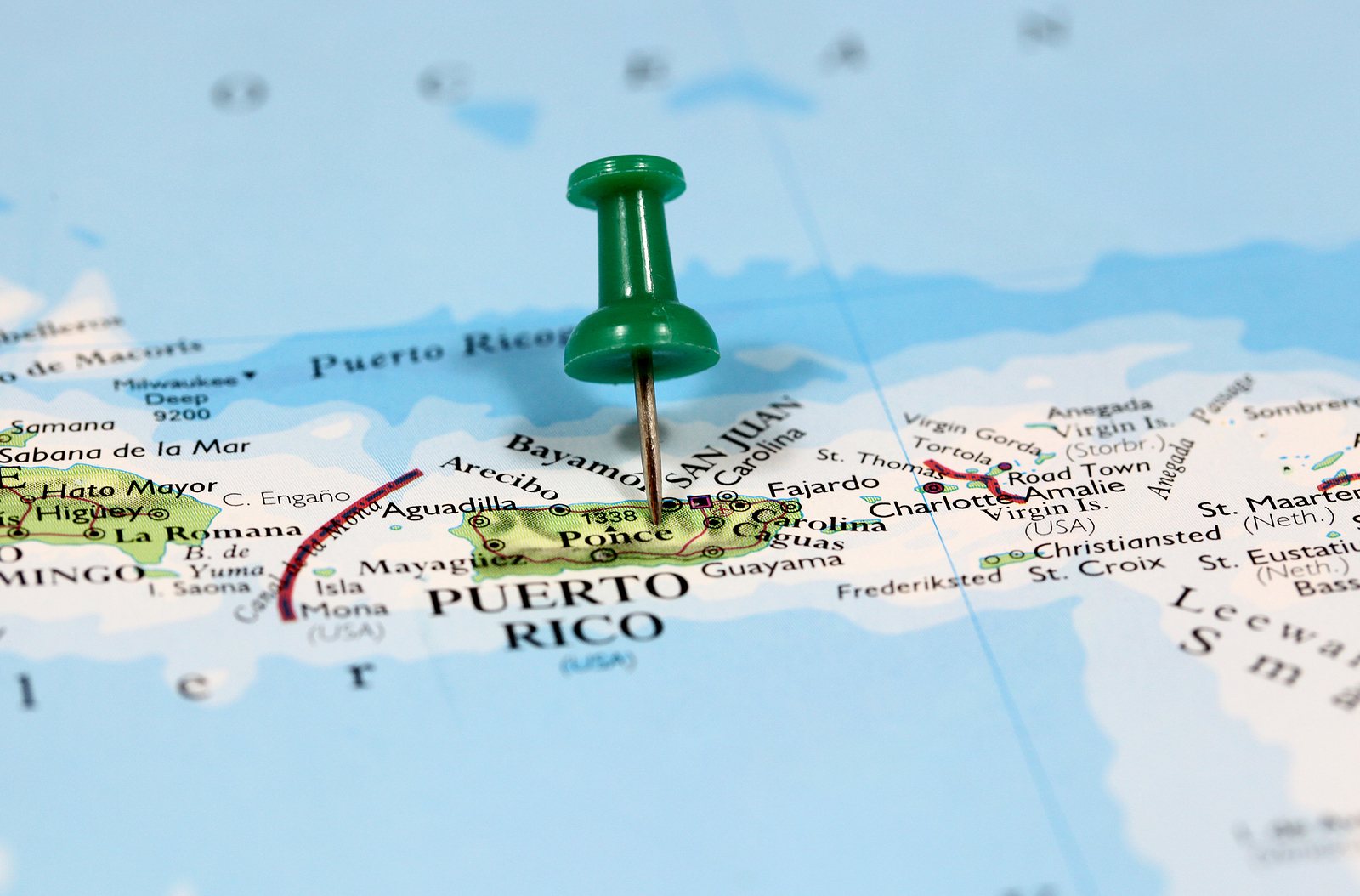For an alternate viewpoint, see “Counterpoint: Should Puerto Rico Become the 51st State? No.”
For 107 years, Puerto Ricans have lived as second-class U.S. citizens.
Just last month, the U.S. Commission for Civil Rights’ Puerto Rico Advisory Committee released a memorandum highlighting the subjugation of Puerto Rico and revealing continuing disparities faced by its 3.2 million U.S. citizens. The memo exposed a sad yet undeniable reality: Puerto Ricans have been subjected to more than 100 years of structural and racial discrimination at the hands of Congress and the Supreme Court due to territorial status — federal voting rights, Medicare, Social Security and veterans’ benefits are just a few examples.
Members of Congress can solve this legacy of territorial oppression by supporting the Senate and House versions of the Puerto Rico Status Act.
The U.S. Commission on Civil Rights’ Puerto Rico Advisory Committee was established in 2022 to investigate civil rights issues affecting residents of Puerto Rico. Its memorandum included testimony and insights from diverse stakeholders from the island, including constitutional law scholars, veterans, civil society leaders and citizens. The document shines light on the systemic political discrimination faced by Puerto Ricans on the island for the past century, which includes having no vote for president, representation in the Senate or a voting member of the House of Representatives despite having a population greater than 19 states.
The memorandum also exposes how for more than a century the Supreme Court has legislated from the bench through the Insular Cases, denying Puerto Rico’s path to statehood and justifying Congress’ discrimination under federal laws and programs. Underneath this dark web of century-old federal case law, which is still in effect, lies a worldview where Puerto Rico residents are seen as “alien races” unable to understand Anglo-Saxon forms of government.
The committee plans to investigate these disparities and present recommendations to end inequality and civil rights violations stemming from Puerto Rico’s territory status.
My recommendation is simple: Congress must pass the Puerto Rico Status Act to give the 3.2 million U.S. citizens a binding vote to choose their political future outside of the colonial territory status.
While the civil rights violations highlighted in the memorandum are not making national headlines, the situation in Puerto Rico is dire, with more than 700,000 people leaving due to inequality and lack of opportunities, tearing apart families and communities. If any state experienced a 12 percent drop in population due to legal subjugation, it would be a national scandal.
One cause of this outmigration highlighted in the memorandum is Puerto Rico’s unequal treatment under Medicare, which has deprived residents on the island of quality care due to local healthcare professionals receiving reimbursement rates “43 percent below the national average.” This has led thousands of doctors, nurses and other healthcare professionals to move stateside, leaving elderly residents of Puerto Rico and those with disabilities even more vulnerable.
Meanwhile, retired Brig. Gen. Victor Pérez outlined how dignity is being denied to the U.S. citizens on the island. His testimony notes how pride in America has driven more than 250,000 Puerto Ricans to serve in the U.S. military, historically on a higher per-capita basis than many states. However, the common sentiment among Puerto Rican veterans is often disillusionment after bravely serving America and defending its values abroad, “only to return home and find themselves denied basic rights and equal treatment.”
As Puerto Rico works to recover from the devastating natural disasters and fiscal and political crises of recent years, all Americans must take notice of the pressing need to address the civil rights violations being perpetuated by Congress on behalf of the American people to their fellow U.S. citizens in Puerto Rico. Voters in Puerto Rico have spoken up at the polls demanding change and an end to the territory status three times in the last decade. Continuing to ignore them is a price too high to pay in the fragile state of American democracy.
There remains time for Congress to listen to voters on the island by passing the Puerto Rico Status Act, which, if passed, would allow America to reconcile its colonial history with Puerto Rico. Now it’s time for all Americans who believe in the fundamental promises of American democracy, equality and justice to have their voices heard by Congress to support and pass this legislation. The civil rights of your fellow U.S. citizens depend on it, and so does the future of American democracy.

